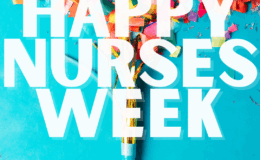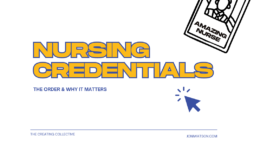The Article: Foster, C., Wright, D., Hill, H., Hopkinson, J., & Roffe, L. (2009). Psychosocial implications of living 5 years or more following a cancer diagnosis: A systematic review of the research evidence. European Journal of Cancer Care, 18: 223-247.
Big Idea: Pay attention, Folks. “Systematic review” should sound the bells and whistles in your head. It is good stuff. This systematic review includes 43 studies researching psychosocial issues experienced by long-term cancer survivors, which the authors define as those five years or more post cancer diagnosis.
Survey Says!: Twenty to thirty percent of cancer survivors studied among the 43 articles continued to have problems five or more years beyond their initial cancer diagnosis. The issues ranged the physical, emotional, and practical concerns continuum.
Quotable: “A significant portion of the research literature has focused on adult survivors of cancer diagnosed in childhood and adolescence, which indicates that many of these survivors experience problems associated with late effects of chemotherapy and radiotherapy [references]” (p. 224).
“Systematic reviews are increasingly recommended as a rigorous means by which to review research evidence on which to build practice [references]” (p. 224).
“Research is needed to determine the long-term psychosocial implications of survival for people in underrepresented groups such as ethnic minority groups and those with rarer cancer types” (p. 245).
So What?: I love reading systematic reviews because they usually include lovely tables of all the articles included, containing information such as study purpose, design, sample characteristics, and summary of results for each. It’s a jackpot of research, for sure. Twenty to thirty percent of cancer survivors experiencing continued psychosocial problems is a lot of people. Psychosocial support for cancer survivors – whether in active treatment or post-treatment – is essential. This systematic review is a wealth of information, exploring 43 articles studying a wide range of psychosocial issues – from sexuality concerns to financial issues to quality of life – it is worth the read.






